Internet and the law
Description
This activity provides students in Elementary Cycle Three with basic notions about the use of the Internet and social media. Increasing numbers of families are dealing with situations concerning their children’s use of the Internet. It can be difficult to decide on the best course of action, even for teachers and parents.
This activity provides an overview of prohibited online activities (threats, sharing intimate images) and recommends solutions if a child is being harassed online.
At the end of the activity, students work together to write a Charter.
Educational objectives
- To encourage students to reflect on the law and how it applies to the Internet
- To help students understand the consequences of their actions on the Internet
- To help students understand what they can do if they encounter problems online
- To introduce students to the rights and freedoms protected by law and by the Charters
Subjects and subject-specific competencies
Culture and Citizenship in Québec - Elementary Cycle Three
Cultural realities: Media and digital life - Relationship to digital tools and spaces.
Compulsory content, and related topics and examples: Online safety, Risks of socializing online, Cyberbullying, Main legal frameworks applicable to actions in digital spaces and consequences.
- Competency in Cycle Three: Reflects critically on cultural realities:
- Engages in dialogue:
- Supports own ideas.
- Inquires about the ideas of others.
- Develops responses:
- Proposes responses.
- Compares responses.
- Justifies choices.
- Engages in dialogue:
Culture and Citizenship in Québec - Secondary
Secondary II
Cultural realities and compulsory main concepts: Autonomy and interdependence - Intimate relationships during adolescence.
Compulsory specific concepts: Sexual behavior in digital contexts.
Secondary IV
Cultural realities and compulsory main concepts: Relationship and caring - Digital communication.
Compulsory specific concepts: Regulation and supervision of digital communication, Cyberbullying, Online harassment, Sharing of intimate images.
- Competency 2: Reflects on ethical questions:
- Engages in dialogue:
- Takes into account points of view, feelings and experiences of others.
- Uses methods to support own ideas.
- Develops a point of view:
- Identifies possible responses.
- Evaluates the effects of responses on oneself, others, relationships and society.
- Justifies own choices using criteria.
- Engages in dialogue:
Suggested duration
2 or 3 classes
Broad areas of learning
- Media literacy: Intellectual property, freedom of expression, privacy and reputation
- Citizenship and community life: Awareness of the importance of the rules of social conduct and democratic institutions
Cross-curricular competencies
- To exercise critical judgment: To form an opinion, to qualify his/her judgment, to express his/her judgment
- To construct his/her identity: To become aware of his/her place among others, to define his/her opinions and choices
- To communicate appropriately
External teaching resources
- The Commission des droits de la personne et des droits de la jeunesse (Quebec human rights commission) provides a simplified version of the Charter of Human Rights and Freedoms.
Related content
- Our guide : Cyberbullying Can Be a Crime.
- Éducaloi’s video on online crimes and prohibited activities (French only)
- Éducaloi’s guide Bullying and the Law: What You Need to Know
- Our Infographic : Young People and Bullying: Legal Consequences for Bullies
- Our Pamphlet : Bullying and the Law: Ways to Intervene
Quebec and Canadian charters and laws:
Teens and the criminal justice system:
Prohibited online behaviours related to bullying:
Copyright:




